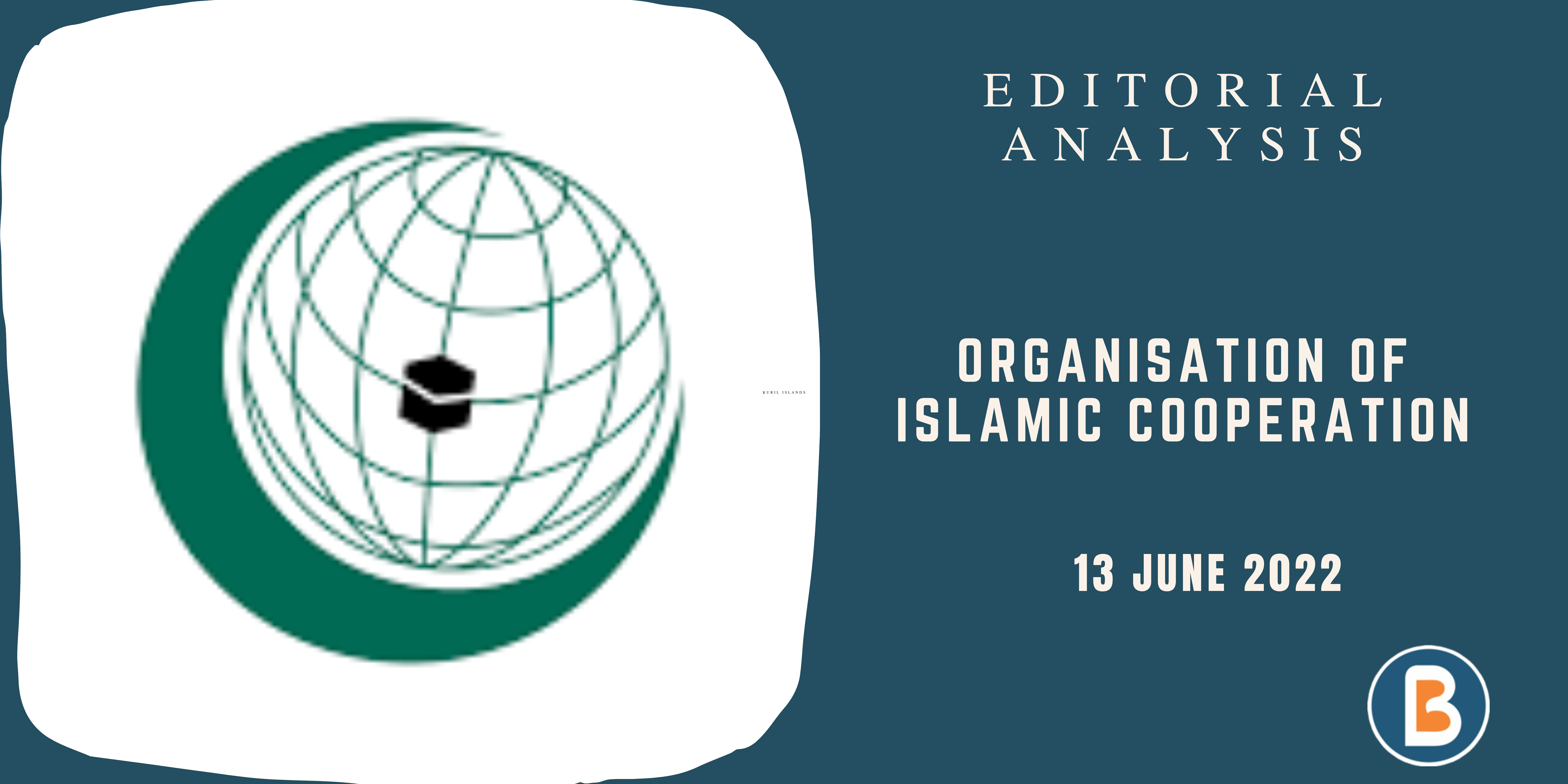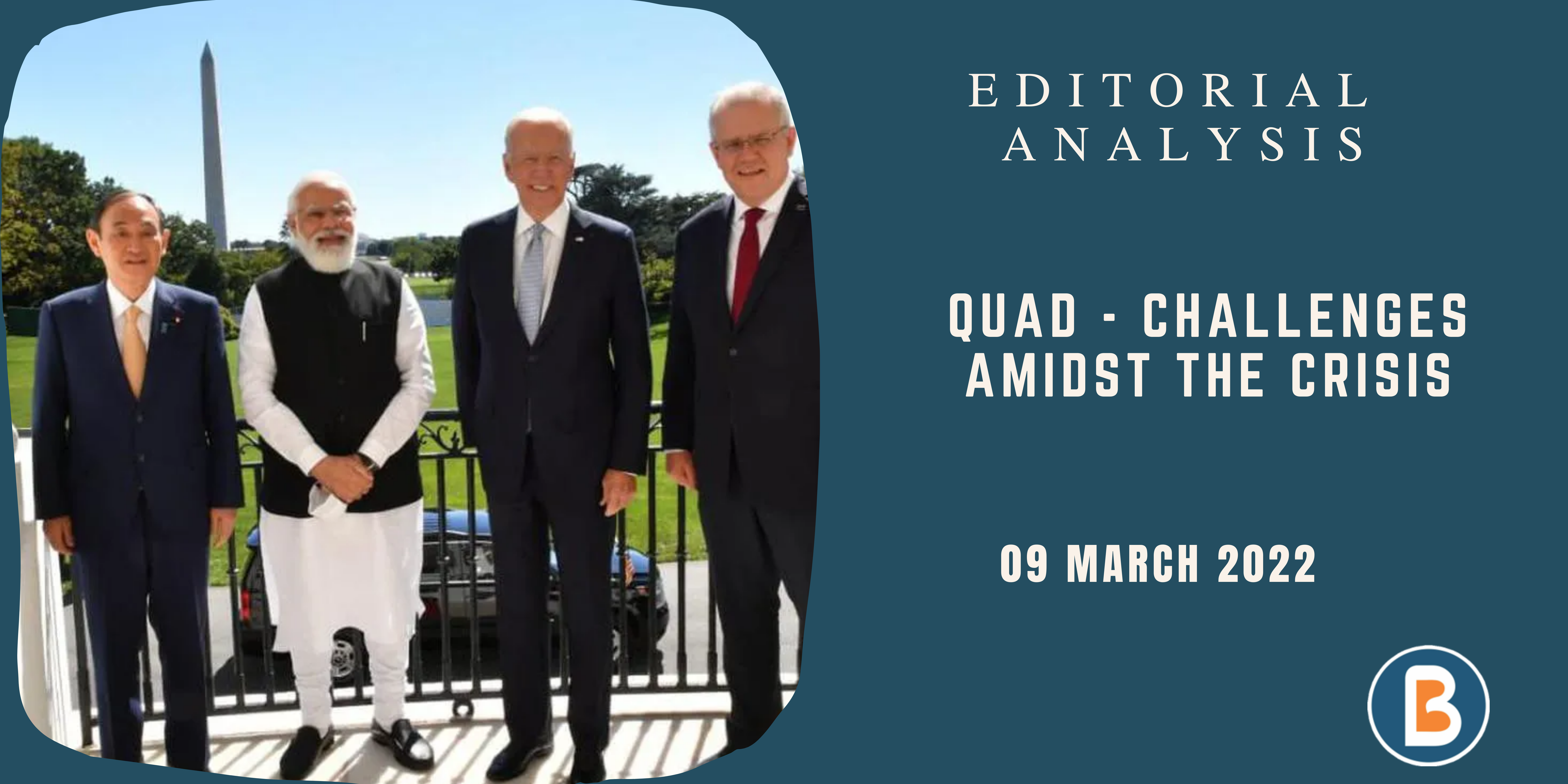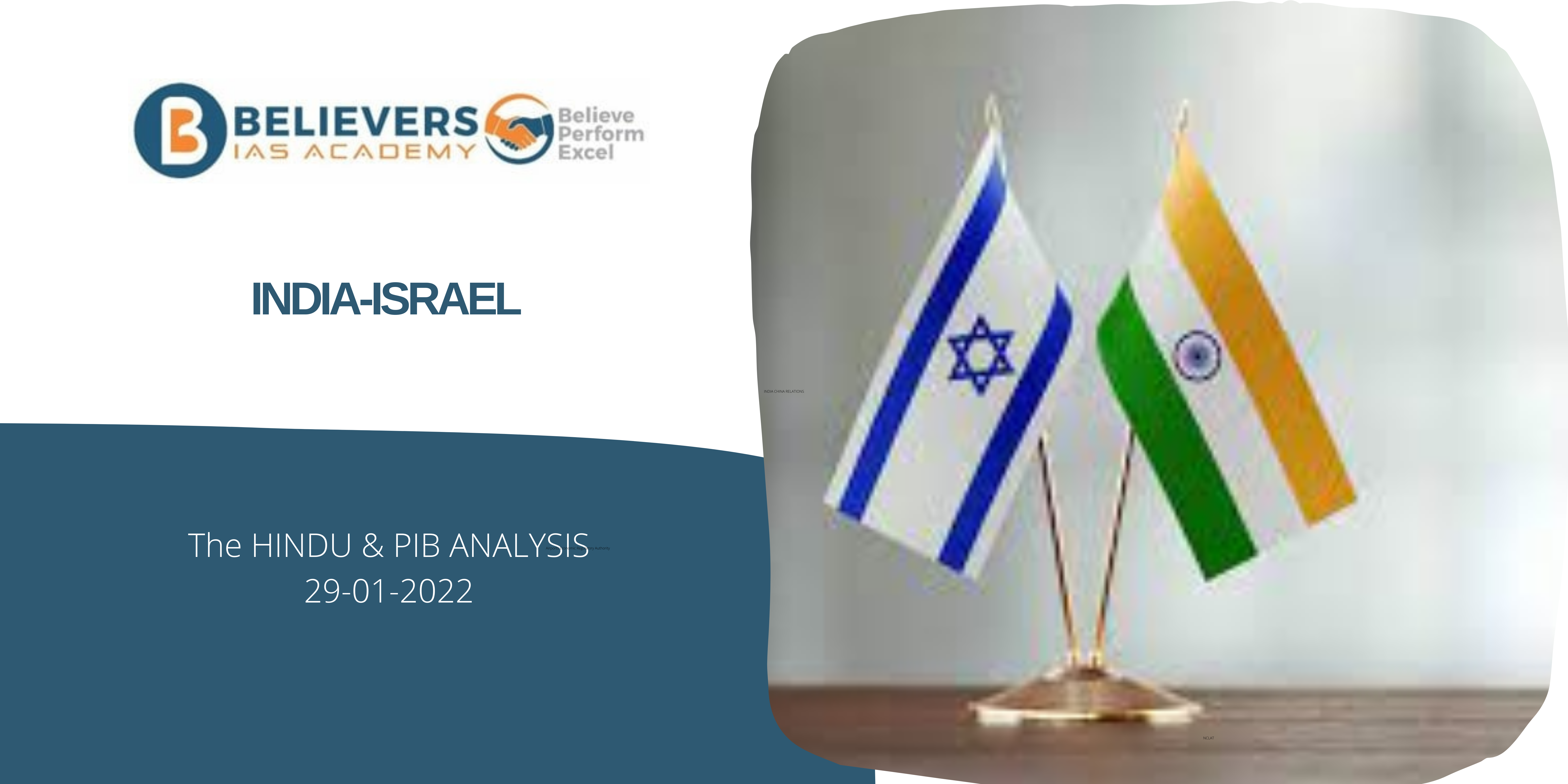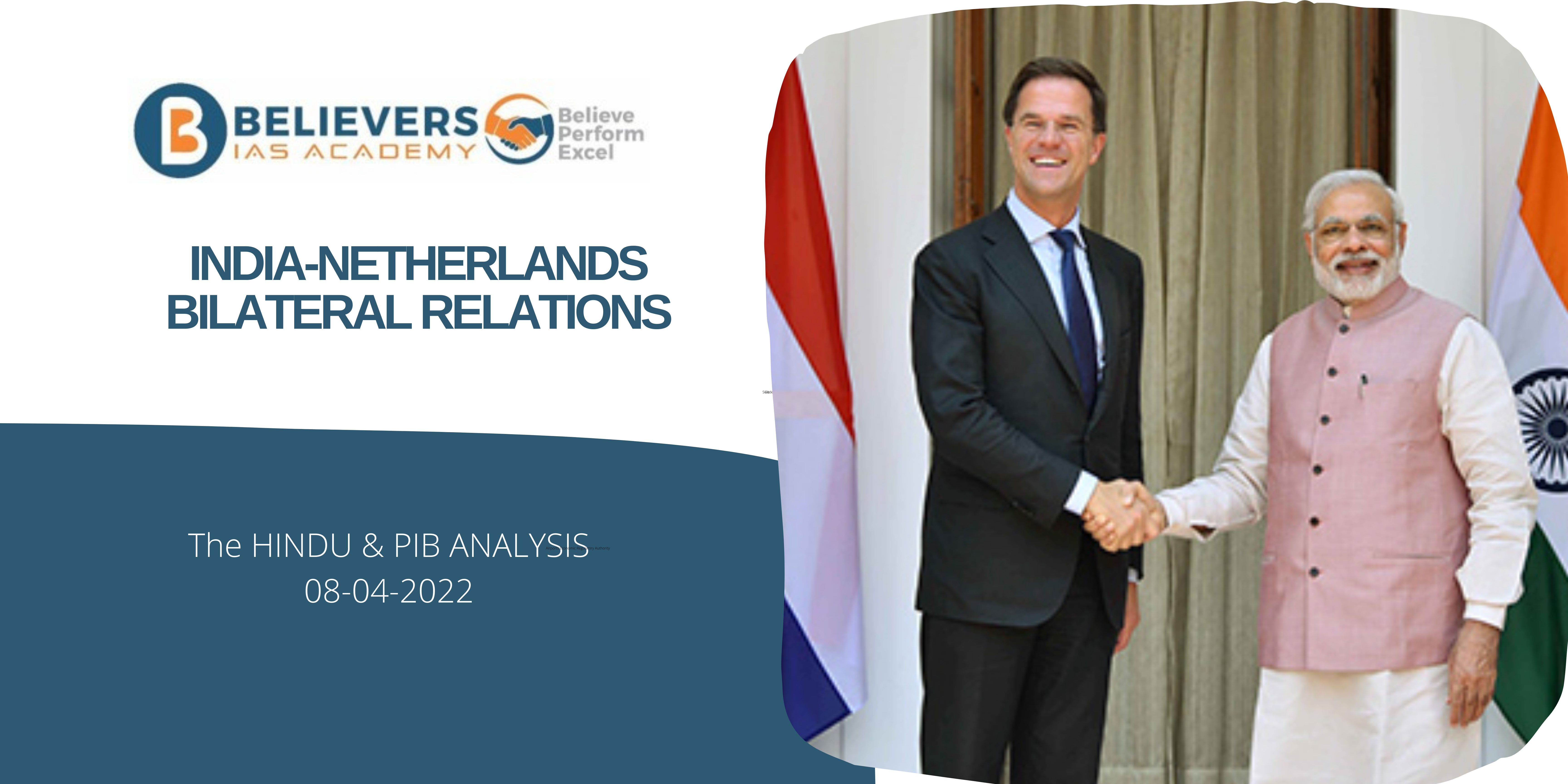Organisation of Islamic Cooperation
Context:
- General Secretariat of the Organisation of Islamic Cooperation (OIC) “condemned and denounced” the comments on Prophet Muhammed made by two erstwhile national spokespersons of the Bharatiya Janata Party.
About OIC:
- The OIC bills itself as the “unifying voice of the Muslim world.” After the ‘criminal arson’ of Al-Aqsa Mosque in the contested city of Jerusalem, it was founded during a summit in Rabat (Morocco) in 1969.
- The main objectives is to Protect, defend, and combat defamation of Islam, prevent growing dissension in Muslim societies, and work to ensure that member states take a united stand in the UN General Assembly, Human Rights Council, and other international forums.
- The OIC has consultative and cooperative relationships with the United Nations and other intergovernmental organisations to protect Muslim interests
- And resolve conflicts and disputes among member states, such as the territorial dispute between Armenia and Azerbaijan and the status of Jammu and Kashmir.
- The organization’s current headquarters are in Jeddah, but it aims to relocate to East Jerusalem once the disputed city is ‘liberated.’ Furthermore, it wants to hold Israel accountable for “war crimes” and international law transgressions.
- The organisation follows a charter that outlines its goals, ideals, and operating procedures.
- The charter, which was first adopted in 1972, has been updated several times to reflect changing situations in the developing countries.
- The current charter was adopted in Dakar, Senegal, in March 2008.
- It states that all members must be directed and motivated by great Islamic teachings and values while also committed to the UN charter’s goals and ideals. Member states are supposed to protect and promote good governance, democracy, human rights, fundamental freedoms, and the rule of law, resolving conflicts peacefully and without resorting to threats or force.
Structure of OIC:
- The Islamic Summit, which is made up of kings and leaders of state, is the organization’s top authority.
- It meets every two years to deliberate, make policy choices, provide guidance on organization-wide concerns, and consider matters of importance to member nations.
- The Council of Foreign Ministers is the OIC’s top decision-making body, and it meets once a year to deliberate how to carry out the organization’s broad policy. In addition, this council picks the Secretary General, who is the grouping’s senior administrative official, for a five-year term.
- The Secretary General monitors the implementation of decisions, pays attention to the specific concerns of competent organs, establishes a channel for cooperation among the various organs, and submits annual reports on the work done.
- UN members with a Muslim majority can join the organisation. The membership is to be ratified with full consensus at the OIC’s Council of Foreign Ministers.
India’s Position:
- It has not been easy for India to join the 57-nation organisation. Despite having positive relations with the United Arab Emirates (UAE) and Saudi Arabia, Pakistan has consistently contested the country’s membership and engagement.
- The Indian delegation was sent back from the venue at the last minute in 1969 due to Islamabad’s resistance to Indian participation at the first OIC Plenary.
- Sushma Swaraj, the Indian External Affairs Minister, spoke as a guest of honour at the OIC Plenary of Foreign Ministers in Abu Dhabi 50 years later. The UAE’s Foreign Minister extended the invitation.
- In 2018, Bangladesh had proposed India be given the observer status at the OIC considering its sizeable Muslim population – a move which received support from Turkey but was opposed by Pakistan.
Source The Hindu
For more updates, Click Here




